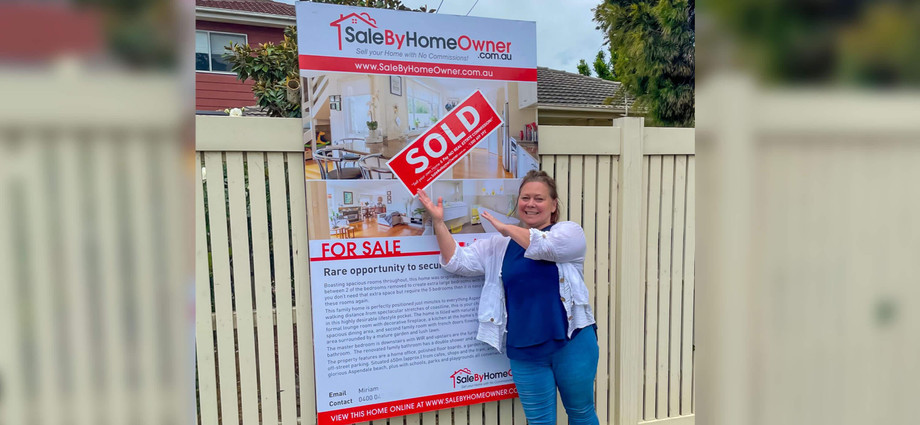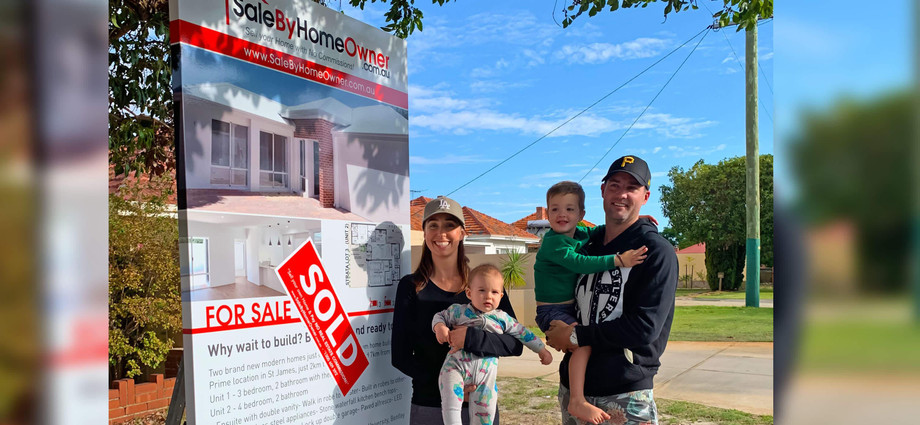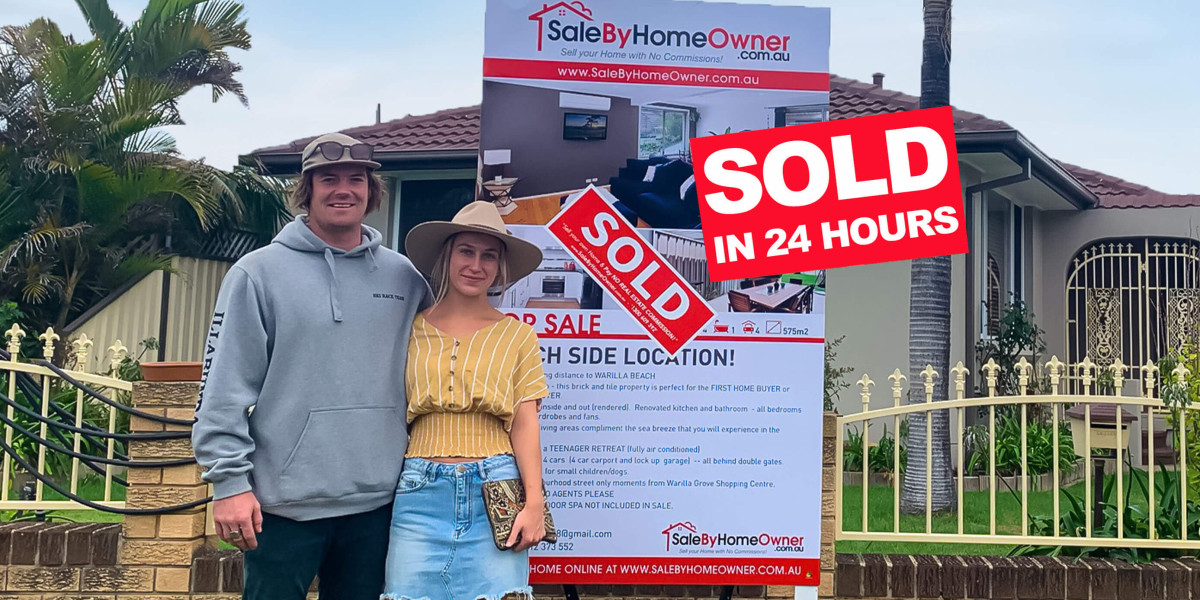Selling property involves several costs that homeowners need to consider to ensure they are prepared financially. Whether you’re selling through a real estate agent or privately, understanding the costs of selling property can help you make more informed decisions and manage your finances effectively. If you choose to sell your property privately, companies like Sale by Home Owner Australia can guide you through the process to minimize expenses. Let’s explore the common costs involved in selling property.
Real Estate Agent Fees (If Applicable)
If you decide to enlist the help of a real estate agent to sell your property, one of the primary costs will be the agent’s commission. In Australia, agent commissions typically range from 1% to 3% of the sale price, depending on the agent and the market conditions. This fee may also include marketing expenses and administrative fees. However, if you opt to sell your property privately through Sale by Home Owner Australia, you can bypass these agent fees, saving a significant amount.

Marketing Costs
Marketing is essential when selling property. Whether you choose to sell privately or through an agent, advertising your property will incur some cost. Traditional advertising avenues include newspaper ads, property listing websites, and brochures. For private sales, Sale by Home Owner Australia offers a cost-effective solution, providing online listings and other marketing tools that are often cheaper than hiring an agent. You might also opt for professional photography, which can increase the appeal of your listing and attract more buyers.
Pre-Sale Repairs and Renovations
In order to maximize the sale price of your property, it may be necessary to invest in repairs or renovations. These could range from minor touch-ups like painting walls to larger renovations such as replacing the roof or updating the kitchen. While these costs can vary, investing in improvements that increase the home’s value can significantly enhance your chances of selling at a higher price.
For example, you might want to stage your home by decluttering, making minor repairs, or even hiring a professional to improve the curb appeal. While these efforts may come at a cost, they often result in a faster sale and a better sale price.
Legal and Conveyancing Fees
When selling property in Australia, you’ll need to engage a solicitor or a licensed conveyancer to handle the legal aspects of the sale. These include preparing the sale contract, arranging for the transfer of ownership, and addressing any legal issues that may arise. Conveyancing fees typically range from $600 to $1,500, depending on the complexity of the sale and the professional you hire.
If you’re selling privately with Sale by Home Owner Australia, the conveyancing fees are still applicable but may be slightly lower since you’re handling the process independently.

Government Fees and Taxes
In addition to the costs mentioned above, there are also government fees and taxes that must be taken into account when selling property. These include the costs for property title transfer, which vary depending on the state in which you are selling. There may also be stamp duty for the buyer, which varies based on the sale price of the property. As the seller, you may need to contribute to other costs as well, such as council rates or outstanding utility bills.
It’s important to research and account for these fees to ensure you have the necessary funds available during the sale process.
Mortgage Payoff and Discharge Fees
If you still have a mortgage on your property, you will need to pay off the remaining balance when you sell. The mortgage provider may also charge a discharge fee, which is typically around $150 to $500. You must factor this amount into your sale calculations, as it will affect your net profit from the sale.
Capital Gains Tax (CGT)
For investment properties, if the property has appreciated in value since you purchased it, you may be liable to pay capital gains tax (CGT). The amount of CGT you owe depends on various factors, including how long you’ve owned the property and your taxable income. If the property was your primary residence, you may be eligible for exemptions, but it’s crucial to consult a tax professional to understand your specific obligations.
Conclusion
Selling property comes with several costs, but these can be managed effectively with careful planning. Sale by Home Owner Australia offers an affordable and streamlined process for those looking to sell privately, saving on agent commissions and offering cost-effective marketing solutions. From marketing and legal fees to repairs and mortgage payoffs, it’s essential to be aware of the costs involved in selling property so that you can make well-informed decisions that benefit you financially.






